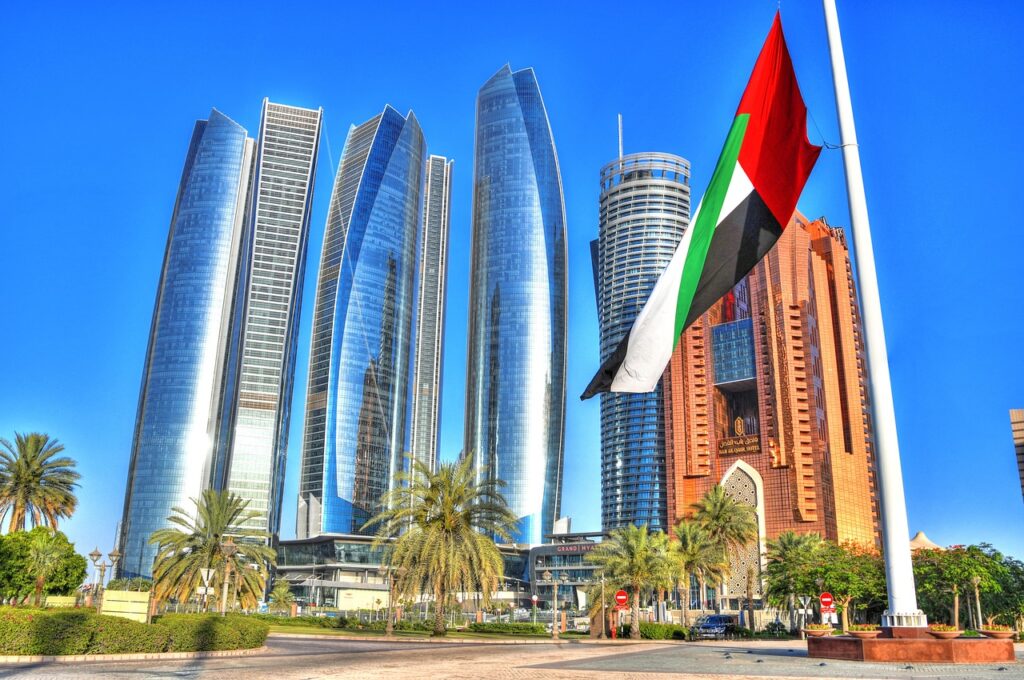United Arab Emirates (UAE) has taken center stage at the COP28 climate summit, grappling with a significant hurdle: the affordability of hydrogen. At a high-level roundtable, the UAE’s Minister of Energy and Infrastructure, Suhail Mohamed Al Mazrouei, addressed the challenges and strategic initiatives associated with making hydrogen, particularly green hydrogen, economically viable.
The backdrop of the discussion was set by the participation of 39 countries in endorsing the Hydrogen Declaration of Intent. This agreement aims to facilitate mutual recognition of hydrogen certification schemes, paving the way for a collaborative approach in harnessing the potential of hydrogen and its derivatives across borders. The declaration, combined with a public-private action statement with the International Hydrogen Trade Forum, is being hailed as a historic leap toward unlocking socio-economic benefits through cross-border hydrogen value chains.
Minister Al Mazrouei acknowledged the persisting challenge of hydrogen’s price, emphasizing its critical role in aligning with the UAE’s overarching strategy. He stated unequivocally, “If it is not affordable, then we are not meeting the strategy.” The UAE’s commitment to a dedicated strategy on hydrogen, particularly green hydrogen, is geared towards ensuring accessibility at the right price.
The UAE’s National Hydrogen Strategy 2050 outlines a comprehensive roadmap for positioning the country as a prominent producer and supplier of low-emission hydrogen. Key objectives include fostering the domestic market, crafting regulatory frameworks and policies, strengthening regional collaboration, and driving investments in research and development. The overarching goal is to enhance the cost-effectiveness of hydrogen production, transport, and utilization.
Minister Al Mazrouei emphasized the pivotal role of incentivizing the private sector in the hydrogen journey. Beyond mere production scale-up, the emphasis lies on utilizing hydrogen in industries. “We need to work on ensuring the price is right,” he stated, highlighting the delicate balance between reducing costs and shouldering the burden of carbon taxation, which could be passed on to consumers.
The UAE is poised to scale its hydrogen capacity ambitiously. The National Hydrogen Strategy foresees reaching 1.4 million tonnes per annum by 2031, with a significant portion, more than 70%, dedicated to green hydrogen. Looking further into the future, Minister Al Mazrouei envisions the UAE’s hydrogen capacity surging to 15 million tonnes or more by 2050.
In navigating the complexities of affordability, the UAE stands at the forefront of global efforts to make hydrogen a commercially viable and sustainable energy source. The country’s commitment to green hydrogen and its ambitious scaling targets underscore its determination to play a pivotal role in the global energy transition.
